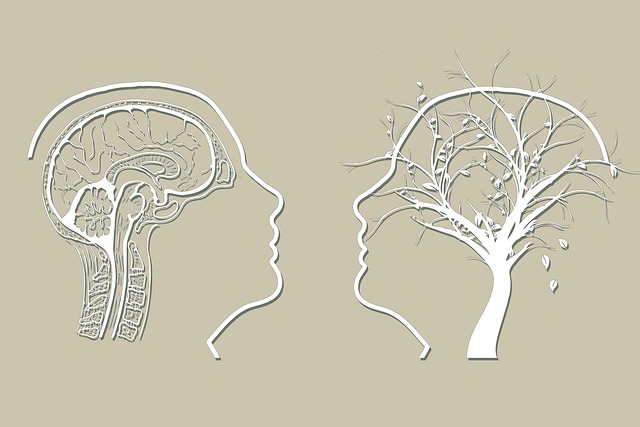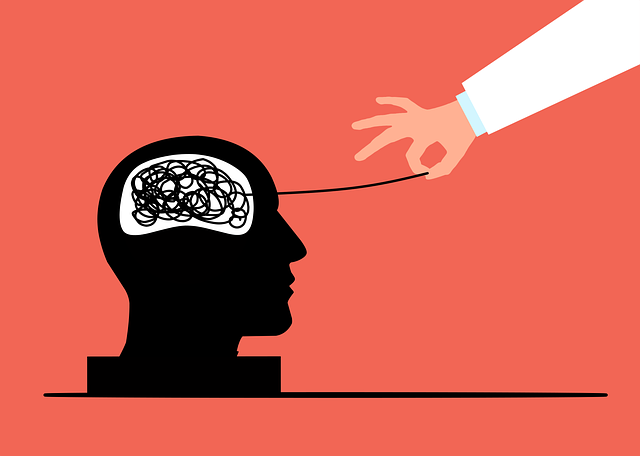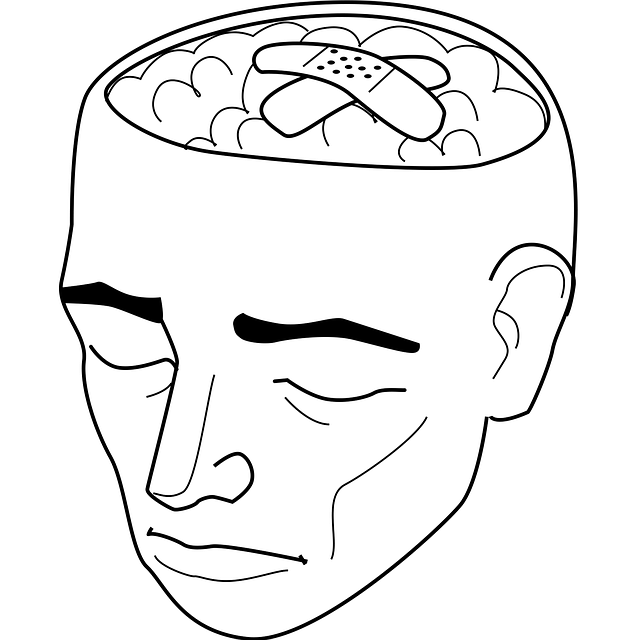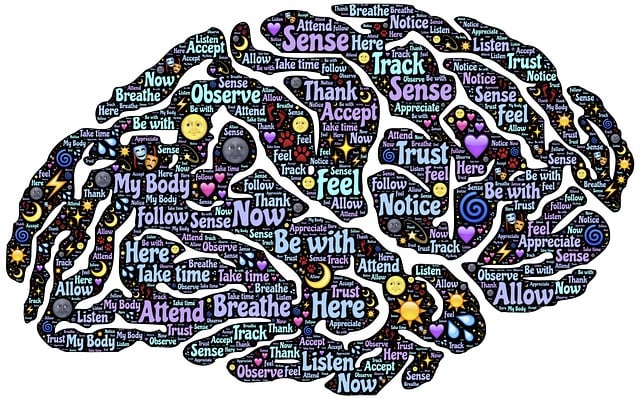Boulder Depression Therapy emphasizes the critical role of coping skills in managing and overcoming depression. By understanding and developing personal coping strategies, individuals gain emotional regulation, stress reduction, and resilience-building tools essential for burnout prevention. The therapy encourages exploring various techniques like meditation, nature walks, art, writing, positive affirmations, and achievable goals to enhance mental well-being. Public awareness campaigns play a vital role in promoting these strategies and reducing stigma, fostering healthy relationships through emotional intelligence, and emphasizing the importance of proactive mental health management.
Coping skills development is a powerful tool in overcoming depression and fostering mental well-being. In this comprehensive guide, we explore the significance of these skills in managing emotional challenges. From understanding their core role in therapy to discovering personal strategies and integrating them into daily life, we delve into effective practices. The Boulder Depression Therapy approach offers a unique perspective, providing insights on how to navigate depression with resilience. Embrace self-discovery and learn techniques to enhance your emotional coping abilities.
- Understanding Coping Skills and Their Importance in Overcoming Depression
- Identifying Personal Coping Strategies: A Journey to Self-Discovery
- Effective Coping Techniques for Managing Emotional Challenges
- Integrating Coping Skills into Daily Life: Boulder Depression Therapy Approach
Understanding Coping Skills and Their Importance in Overcoming Depression

Coping skills are essential strategies that individuals use to manage and overcome challenging situations, particularly when dealing with depression. Understanding and developing these skills is crucial in navigating the complexities of mental health struggles, especially for those seeking Boulder Depression Therapy. Effective coping mechanisms empower people to regulate their emotions, reduce stress, and foster resilience.
In the context of burnout prevention strategies for healthcare providers and stress reduction methods, learning healthy coping techniques can be life-changing. By incorporating these skills into daily routines, individuals can enhance their ability to cope with symptoms of depression. This is especially important for mental health professionals who are at risk of experiencing overwhelming levels of stress and Burnout Prevention Strategies for Healthcare Providers. Through the application of various Stress Reduction Methods, healthcare providers can maintain optimal well-being, thereby improving their capacity to support others effectively.
Identifying Personal Coping Strategies: A Journey to Self-Discovery

Many individuals struggling with mental health issues, such as depression, often find themselves searching for effective coping skills to navigate their journey to recovery. Identifying personal coping strategies is a powerful step in this process, akin to discovering a map within oneself. This introspective voyage involves exploring one’s unique ways of dealing with stress, emotions, and challenges. By recognizing these inherent mechanisms, individuals can harness their strengths and develop a toolkit for managing their mental well-being.
In the context of Boulder Depression Therapy, where communication strategies are integral to treatment, self-discovery becomes a powerful tool. Encouraging clients to identify their coping mechanisms fosters a sense of autonomy and empowerment. This process may involve delving into activities that instil a sense of calm, like meditation or nature walks, or exploring creative outlets such as art or writing. Moreover, enhancing self-esteem through positive affirmations and setting achievable goals can be pivotal in preventing burnout and promoting resilience.
Effective Coping Techniques for Managing Emotional Challenges

In the quest to overcome emotional challenges, adopting effective coping techniques is paramount for mental wellness. Boulder Depression Therapy emphasizes that understanding and managing emotions are key skills in navigating life’s ups and downs. One powerful strategy is cultivating emotional intelligence (EI), which involves recognizing and regulating one’s own feelings as well as empathizing with others. This enhances a person’s ability to handle stress, build resilience, and foster healthy relationships.
Public awareness campaigns development plays a crucial role in promoting mental health by educating the public on available resources and coping strategies. By breaking down stigma associated with seeking therapy, these campaigns encourage individuals to prioritize their emotional well-being. Whether through mindfulness exercises, journaling, or connecting with supportive communities, there are numerous techniques that can help individuals effectively cope with and overcome emotional challenges, ultimately enhancing their overall quality of life.
Integrating Coping Skills into Daily Life: Boulder Depression Therapy Approach

Incorporating coping skills into daily routines is a cornerstone of the Boulder Depression Therapy approach, emphasizing practical strategies for long-term well-being. This therapy encourages individuals to adopt a proactive mindset in managing their mental health, focusing on building resilience and fostering emotional balance. Through tailored techniques, clients learn to navigate life’s challenges with greater ease. The process involves identifying personal triggers and implementing specific coping mechanisms, such as mindfulness exercises and compassion cultivation practices, which have been proven effective in reducing symptoms of depression and anxiety.
The Boulder Depression Therapy model offers a holistic perspective, recognizing the interconnectedness of mind and body. It incorporates various evidence-based practices, including Stress Management Workshops Organization programs, to empower individuals with the skills needed to confront and overcome stressful situations. By weaving these techniques into everyday life, clients develop emotional healing processes that promote self-care and personal growth, ultimately leading to improved overall mental health and a enhanced quality of life.
Coping skills development is a pivotal aspect of overcoming depression, as evidenced by the comprehensive exploration in this article. By understanding and mastering these skills, individuals can effectively navigate emotional challenges and foster resilience. The Boulder Depression Therapy approach, highlighted here, offers a structured yet personalized method to integrate coping strategies into daily life, enabling folks to lead more fulfilling lives. Embracing self-discovery and adopting effective techniques can revolutionize one’s mental health journey, transforming struggles into manageable obstacles.












